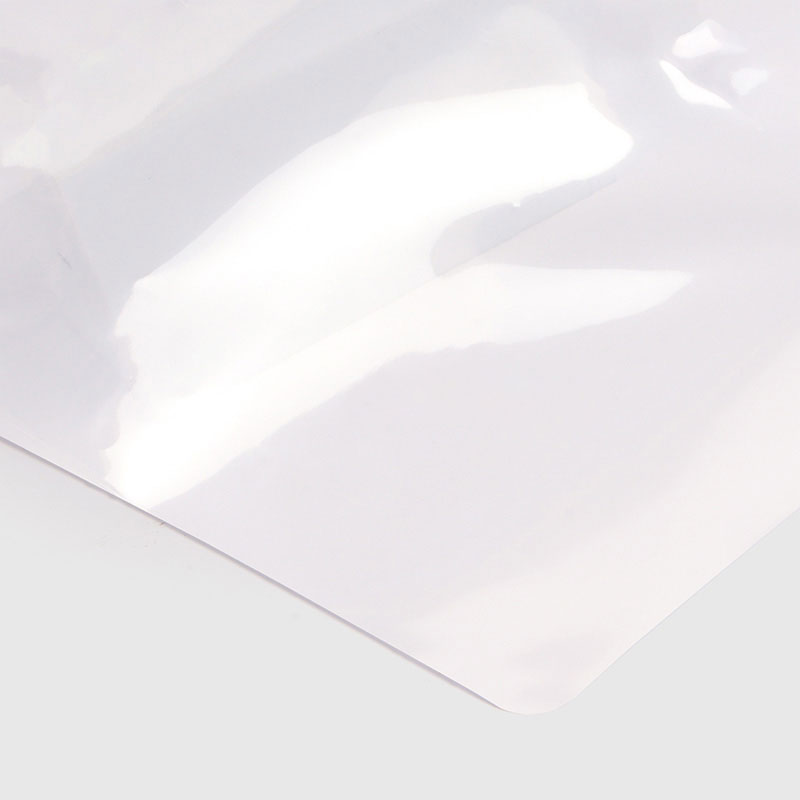No products in the cart.
- Home
- Options Library
- PLA
PLA
Polylactic acid or polylactide (PLA) plastic is a biodegradable material made from renewable resources. Commonly used to produce films and bottles, PLA plastic is cost effective and readily available.
- Biodegradable
- Cost Effective
- High in Strength and Modulus
Best Used With
Overview
Polylactic acid or polylactide (PLA) is a thermoplastic made from renewable resources. Depending on the region it is produced in, these resources could include; corn starch, tapioca roots or sugarcane. Commonly used in the food and beverage industry, PLA plastic can be used to wrap eco-sensitive food products. PLA plastic is not heat resistant, meaning it melts making it ideal for creating shrink wraps for food packaging.
Plastic Recycling Chart
| Resin Identification Code |  |  |  |  |  |  |  |  |
| Abbreviation | PET or PETE | HDPE | PVC | LDPE | PP | PS | OTHER | PLA |
| Polymer Name | Polyethylene Terephthalate | High-Density Polyethylene | Polyvinyl Chloride | Low-Density Polyethylene | Polypropylene | Polystyrene | All Other Plastics | Polylactic Acid |
| Recyclable | Commonly Recycled | Commonly Recycled | Somethims Recycled | Somethims Recycled | Occasionally Recycled | Commonly Recycled (but diffcult to do) | Difficult to Recycle | Compostable |
| % Recycled Annually | 36% | 30~35% | <1% | 6% | 3% | 34% | Low | Low |
| Time to Decompose | 5~10 years | 100 years | never | 500~1000 years | 20~30 years | 50 years | never | 6 months |
| Toxicity Level | High | Low | High | Low | Low | High | High | – |
| Max Temperature | 70°C (158°F) | 120°C (248°F) | 70°C (158°F) | 80°C (176°F) | 135°C (275°F) | 90°C (194°F) | 135°C (275°F) | 150°C (302°F) |
| Brittleness Temperature | -40°C (-40°F) | -100°C (-148°F) | -30°C (-22°F) | -100°C (-148°F) | 0°C (32°F) | -20°C (-4°F) | -135°C (-211°F) | 60°C (140°F) |

